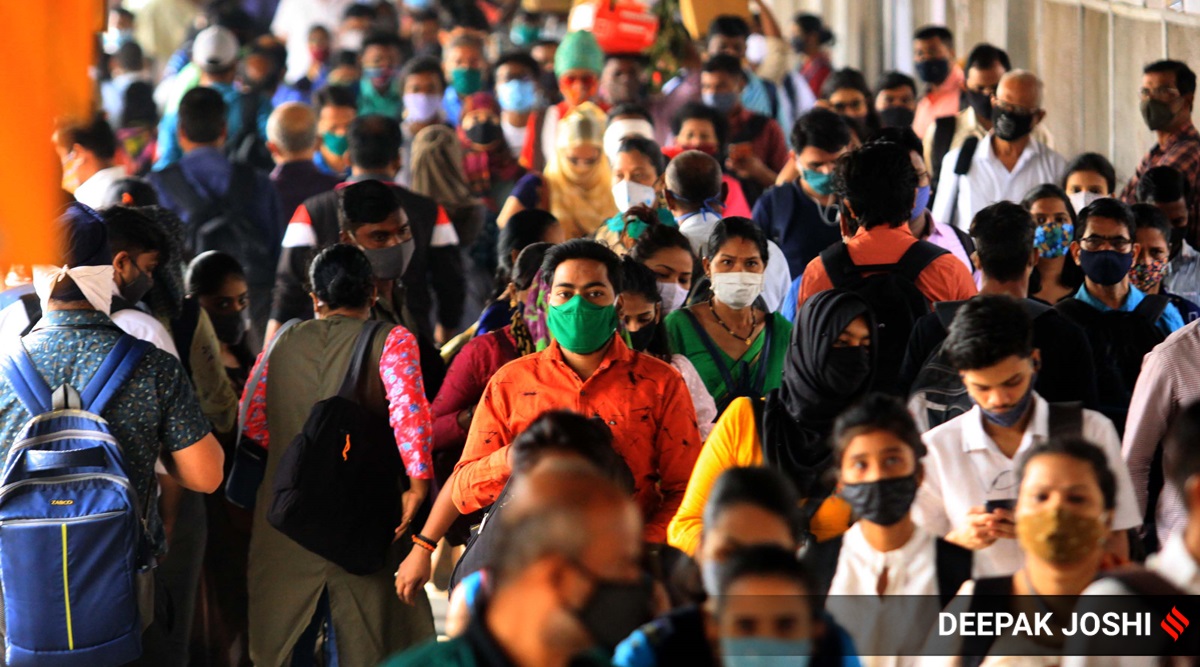What may have made Pratap Bhanu Mehta a ‘political liability’ at Ashoka University | India News – Times of India
In his letter of resignation to the Ashoka University vice-chancellor dated March 15, Mehta had said that “my association with the university may be considered a political liability”.
What provoked him to say so? The university founders haven’t issued a statement. In a townhall with the students on Thursday evening, vice-chancellor Malabika Sarkar denied any pressure from the government.
In its March 17 edition, the student newspaper of Ashoka University called The Edict had published a report that quoted unnamed sources to say that Mehta’s resignation would make it easier for the university to acquire a new plot of land for campus expansion and its fourth year post graduate diploma course will get a formal recognition.
Mehta had, in one of his recent columns, criticised Haryana government’s (Ashoka campus is in Haryana) job reservation policy by describing it as “constitutionally indefensible and political cynical”.
Mehta, a frequent critic of government policies and Hindutva politics, had criticised the three farm bills over which farmers have been protesting for over 100 days now. In one of his columns, he had said the bills will marginalize the farmers.
He had described the government as “colloquially facist” in an interview to The Wire last year.
The website had quoted Mehta as saying: “Even though the government is committed to winning elections to secure power, in every other way it ticks the checklist of fascist qualities”. After specifying in detail what these are, Mehta concludes that “colloquially speaking, this is a fascist government and it is, therefore, not incorrect to use that term”.
Mehta had also said that in many ways, this government is “more insidious” than Indira Gandhi’s government of 1975-77.
The Wire had quoted him as saying: “In the 1970s, Indira Gandhi’s intent was to secure her position and consolidate her individual authority. Today, Modi’s intent is to push his majoritarian and authoritarian agenda as well as Hindutva.”
Speaking at the India Today conclaveahead of the 2019 Lok Sabha elections, Mehta rued that the Indian democracy is in “crisis” and there is a “deep diminishing of hope”.
He said there is “something happening” to the democracy which is “mutilating the democratic soul” of India. Later in his address, he remarked that “nationalism is being used to divide people” of the country.
In 2016, Mehta had resigned from the Executive Council of Nehru Memorial Museum and Library due to marginalisation of academic credentials in the selection process of its director.
Even during the UPA rule, Mehta had criticised some of the policies of the government.
In 2006, he quit the National Knowledge Commission to protest against the then Manmohan Singh-led government’s decision to introduce numerically mandated OBC quotas in Central institutions.
He had argued that the move violates the cardinal principle of a knowledge-based society and the government is “hiding behind the pretext of constitutional amendment.”
Meanwhile, faculty members, students and alumni of the Ashoka University have expressed “anguish” over the exit of Mehta and described it as a direct consequence of his role as a public intellectual and critic of the government.
While the faculty members have written to the vice chancellor and board members, saying Mehta’s exit has set a “chilling precedent for future removals of faculty”, the alumni council of the university has released a separate statement expressing solidarity with Mehta.
The founders of the Sonipat-based university are likely to meet Mehta on Friday to convince him to withdraw his resignation.


